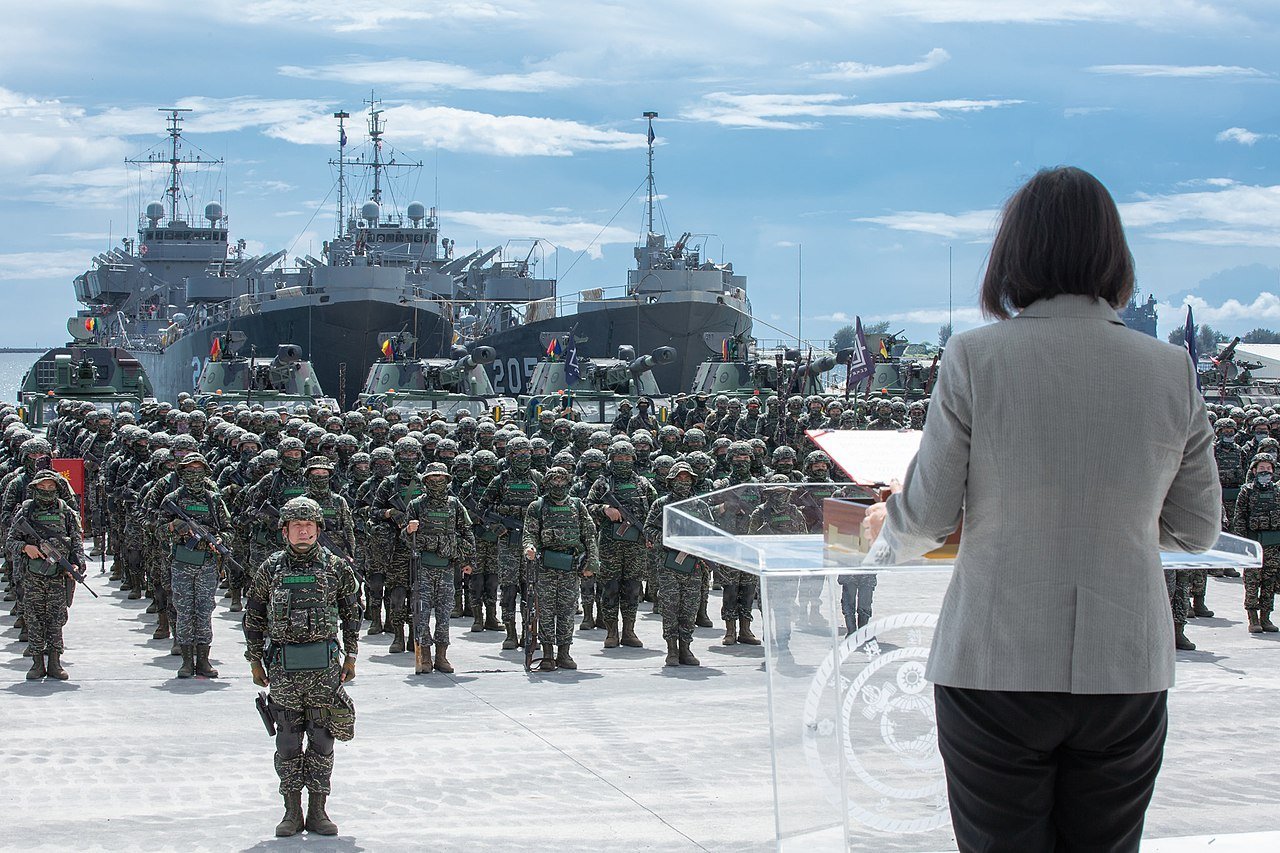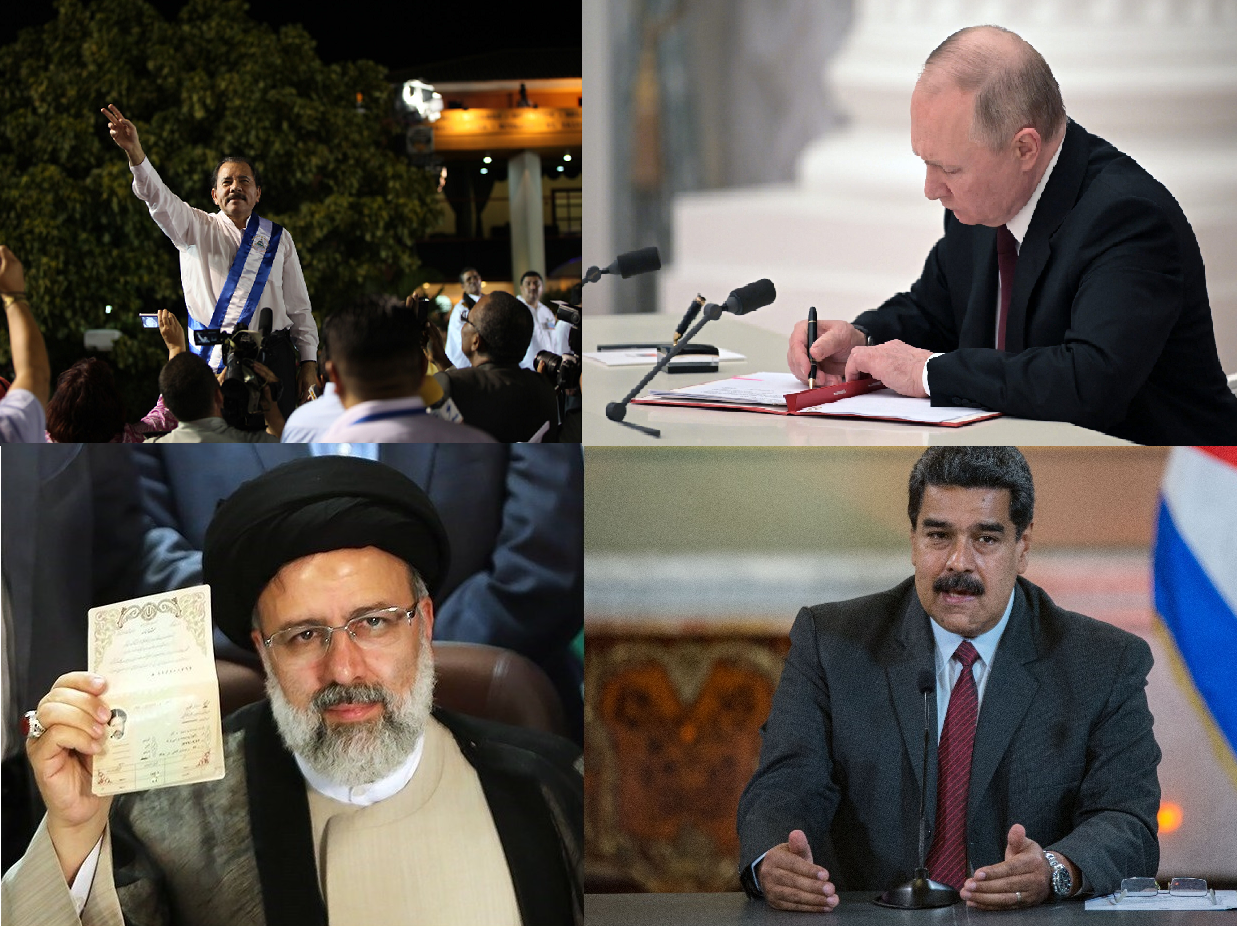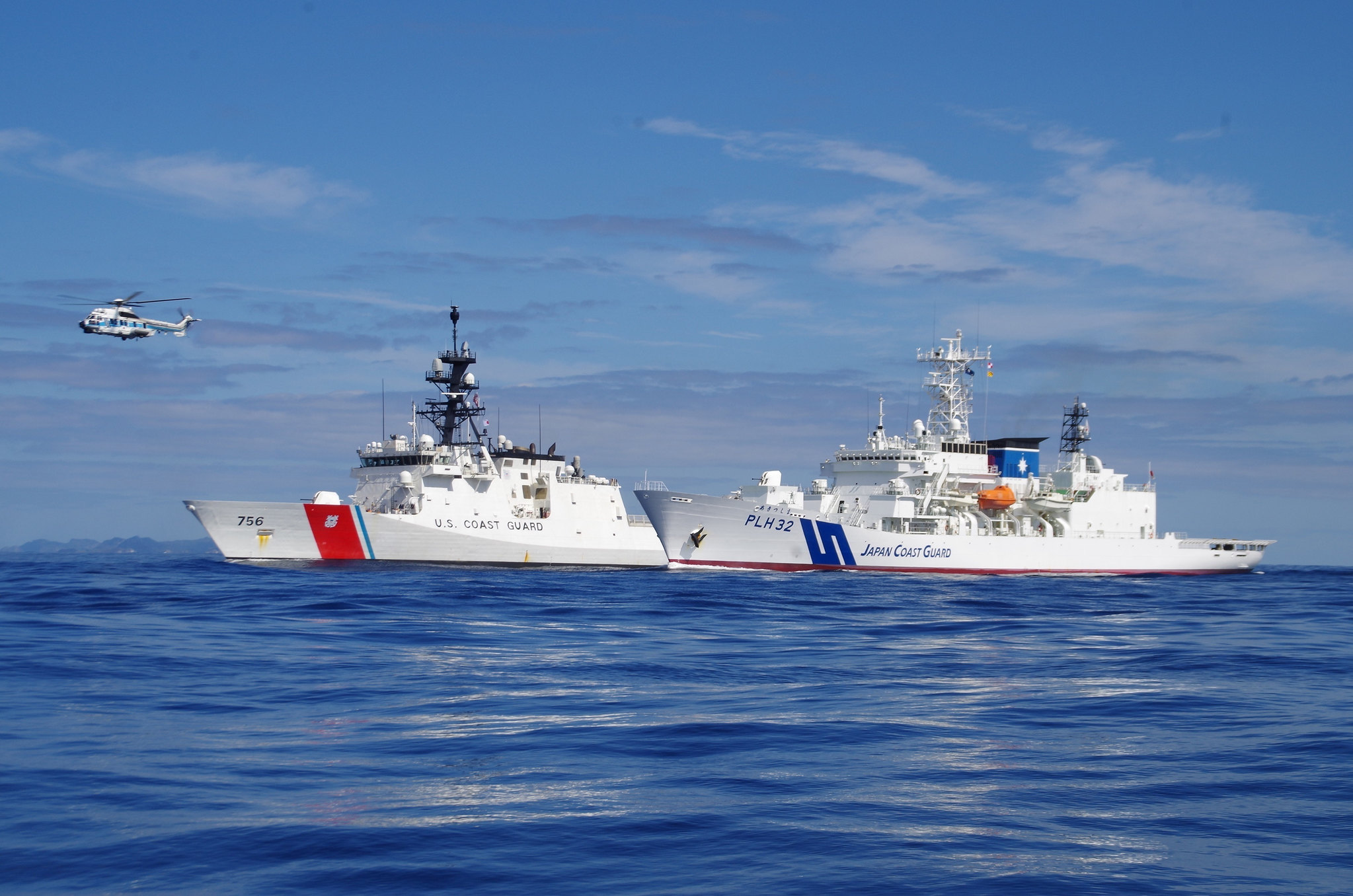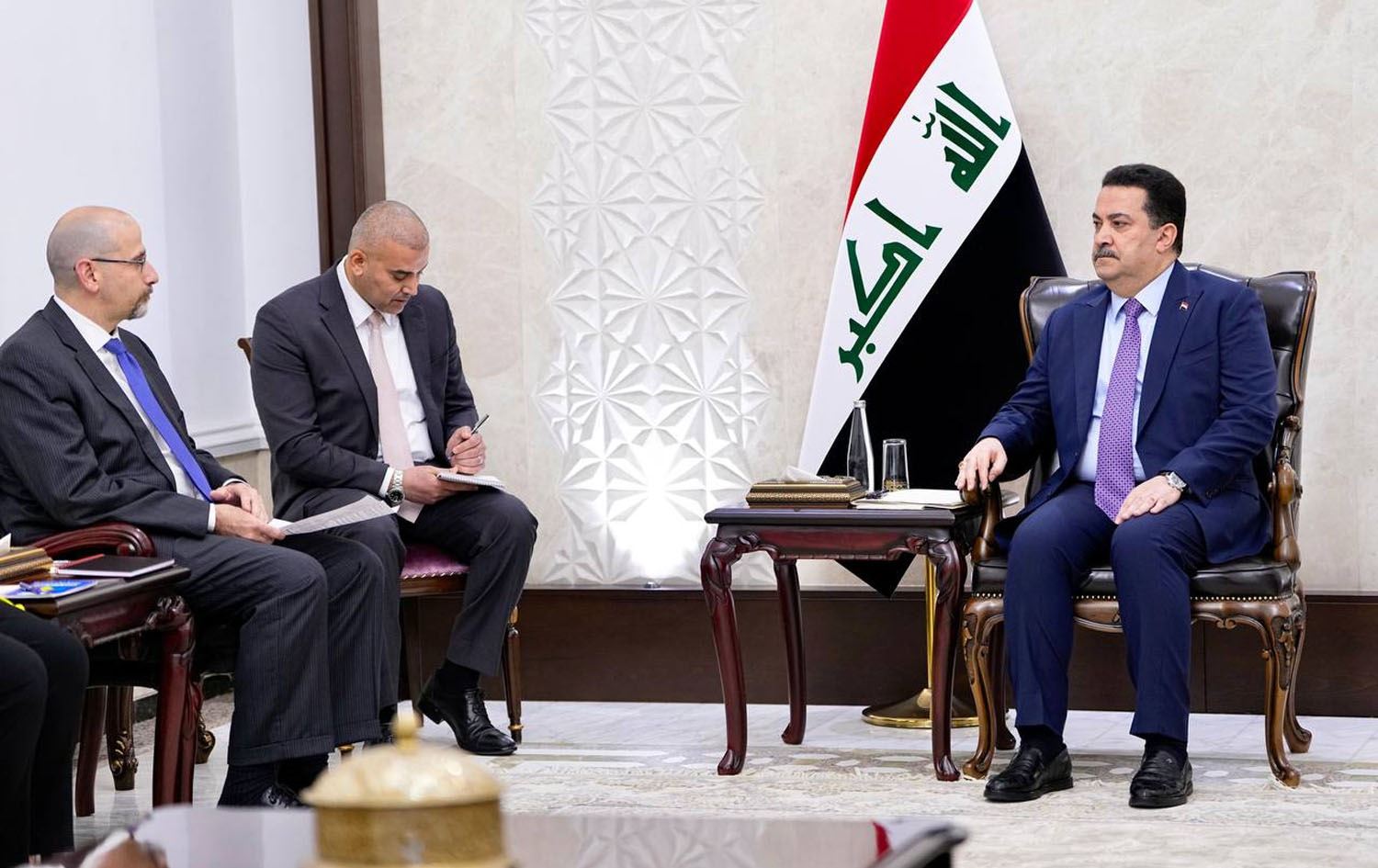Story at a glance…
-
The RAND Corp. released a study on a conflict over Taiwan highlighting political leadership.
-
Even though it could dramatically increase Taiwan’s ability to resist, a US intervention was deemed “inevitable”
-
However, the US in the long run might prove Taiwan’s second-biggest adversary in a conflict with China.
In a new report from the RAND Corporation on the ability of Taiwan to resist an attack from China, the non-profit concluded that regardless of the sophistication or lethality of its defense forces and the unity of its people, the island could not withstand an attack from the mainland without large-scale US intervention.
It doesn’t take much to arrive at that conclusion, but the group then recommends the US government “continue to help Taiwan strengthen its military… in the quality of platforms and weapons, the skill of the troops, the integration of the force, and the military’s professional autonomy,” despite in the same paragraph noting “China’s deepening military advantage suggests that, even with major improvements to Taiwan’s defenses, U.S. intervention will remain necessary to deter or defeat a Chinese attack”.
It’s illustrative of the task that D.C. think tanks have on their hands for providing the Pentagon with the usual justification for military expansion and defense spending. A conflict over the island would be disastrous for the world economy, not to mention the US military, which would suffer, according to other analyses, so many losses in ships, planes, and men as to shock the nation in a way that hasn’t been done since Vietnam.
The gist of the report by RAND, authored by Timothy Heath, is that the cohesion of Taiwanese society and the strength of its political leadership are the most important factors in the island’s ability to resist invasion.
Heath recommends that “analysts should pay particularly close attention to the quality and strength of the island’s political leadership and degree of social cohesion in the lead-up to a crisis,” while noting the paradox of how leadership in peacetime often offers little indication of the quality of leadership in wartime.
“In Ukraine, this point has been underscored by President Volodymyr Zelenskyy’s leadership, which appeared unremarkable in peace but bold and inspiring in war,” Heath continues.
While parallels between Ukraine and Russia vis-a-vis Taiwan and China have been drawn repeatedly throughout the duration of the nearly-500-day-old conflict, major differences between the two put emphasis on the leadership aspect perhaps uniquely, as RAND was right to point out.
Cut from different cloths
First, the people of Taiwan and China maintain strong ties. Detailed reports of how a conflict over the island would play out sometimes mention one or two anecdotes from Taiwanese people who are desperate not to fight other Chinese. The belief in the old 1996 consensus that there is only one “China” but that Taipei and Beijing disagree on what China means, is not a political slogan, but representative of how these estranged cousins feel about one another.
More example, the residents of Kinmen Island controlled by Taiwan but closer to mainland China don’t want to be part of any war, and hope to gain recognition as a DMZ citing fondness for their Chinese neighbors. A survey from the National Chengchi University of Taiwan found that 33% of the island’s population self-identified themselves as both Chinese and Taiwanese.
Any conflict over the island would require the Taiwanese leadership to convince or force a rupture in this closeness, which will be a major challenge of propaganda, especially since Chinese Communist Party leadership has suggested that a One China Two Systems policy such as those enjoyed by the citizens of Macau and Hong Kong (enjoyed being a relative term) could be customized to help avoid a conflict over Taiwan.
Second, despite what Western leaders have said, it’s clear that Russia’s war aims are limited to the east of Ukraine. By nature, a conflict over Taiwan is not limited — the conditions for victory are total reunification/subjugation of the island. For Beijing, this means that as far as dealing with the Taiwanese military, the gloves are entirely off, and the People’s Liberation Army need not restrain themselves for a single second in hunting down every military asset in Taiwan’s arsenal as fast and as simultaneously as possible.
That, as a result, makes the political aspect of Taiwan’s resistance highly important, as RAND noted. It could take months for sizeable American forces to arrive to support their theater forces, meaning that every moment the political leadership can maintain the spirit of resistance is key to any successful defense.
Third, the Pentagon doesn’t hold much faith in Taiwan’s professional or “high-on-prestige” defense systems. As revealed in the Discord Leaks back in March, major irregularities exist in the readiness of missile defense systems, and the protection for grounded aircraft — many of which the Pentagon believes will be destroyed before they make it into the air.
This emphasizes all the more that a spirit of grassroots heroic resistance — inspired from the leadership class — would be necessary to repel the Chinese.
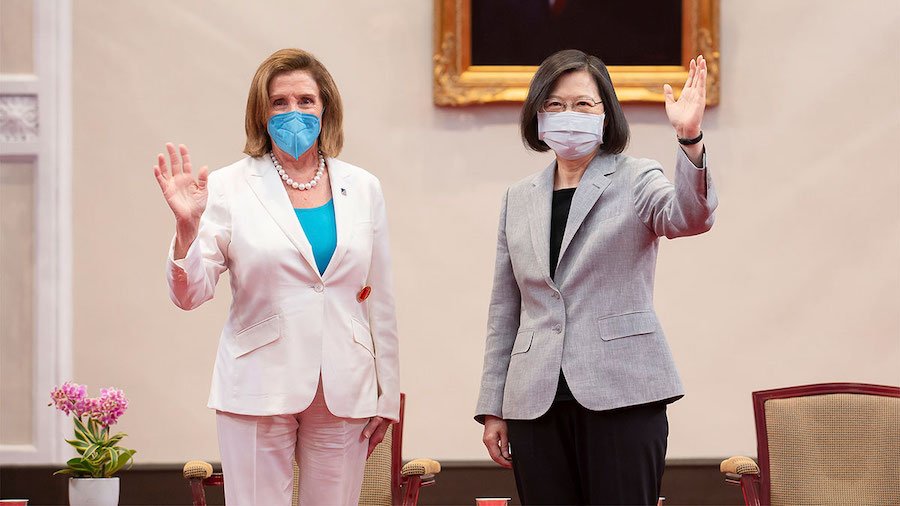
Frienemies
WaL recently reported that Taiwan leadership seems to understand that any chance they have of retaining their way of life lies in their own ability to stick up for themselves.
As is well-publicized, Taiwan is home to the Taiwan Semiconductor Manufacturing Company, the world’s most prolific and valuable producer of computer chips. the US Congress has threatened to blow up all their factories if China were to land troops successfully on the island, which means that even if Taiwan’s political leadership can inspire a grassroots heroic resistance, their most valuable economic asset may be destroyed by the very people RAND concludes are their only hope of defeating the Chinese.
Similarly double-edged is the military aid to Taiwan, which RAND recommends should continue and expand. It’s double-edged because it’s billed as a “deterrent” by RAND and the Pentagon.
But what did the deterrent of military aid to Ukraine do? As WaL has detailed, it’s part of the reason that Russia invaded in the first place. A massive “economic nuclear weapon” in the form of sanctions was supposed to deter Russia from continuing on the warpath after the invasion began, and it did nothing of the sort.
These show that deterrents can often amount to provocations, it just depends on who one is trying to deter. Helene Cooper of the New York Times quoted Biden admin. officials who said in the lead-up to Russia’s invasion that $2.5 billion in military aid had been “calibrated” not to provoke Mr. Putin into invading.
Could the Pentagon get it right the second time and “calibrate” aid to Taiwan so as not to provoke Mr. Xi from invading? That is an absolutely enormous challenge for which there is no relevant non-nuclear case study. WaL
PICTURED ABOVE: President of Taiwan, Tsai Ing-wen reviews a Marine Corps battalion in Kaohsiung in July 2020. PC: Presidential office, Taiwan. CC 2.0.
